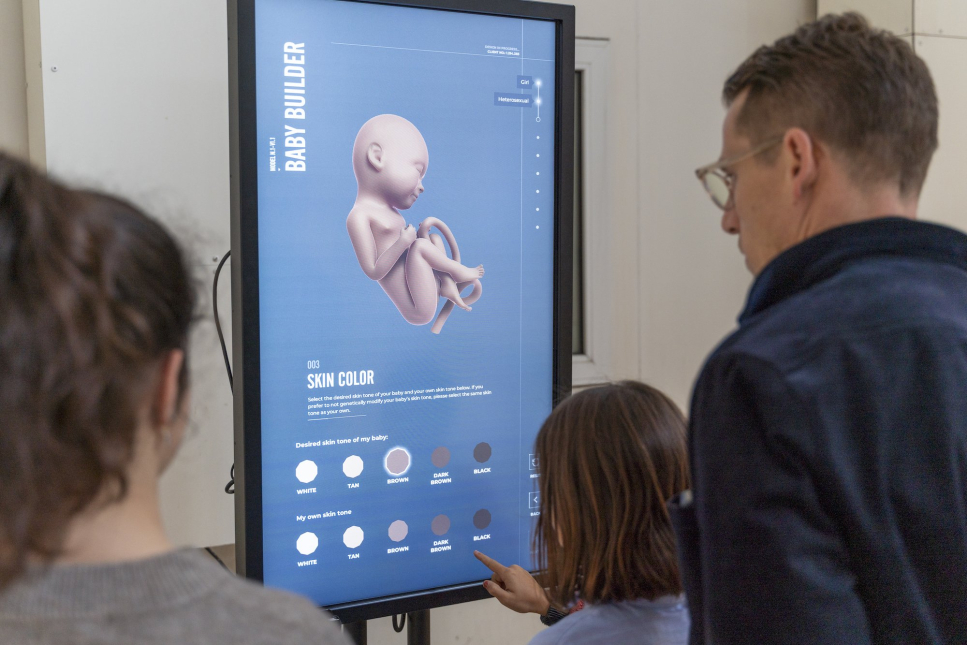Health
Health in the Netherlands is under pressure. Our subjectively experienced health is declining, the health gap between rich and poor remains persistent, ageing is leading to a growing demand for care, and young people are having a tough time mentally. At the same time, healthcare vacancies remain unfilled, the availability of medication is problematic, and healthcare costs continue to rise. Solutions are being sought, for example, in artificial intelligence and new biotechnology.
To what extent the promises of emerging health technologies will be fulfilled, and who will benefit most of them, remains to be seen. What role technological innovation can play in tackling the challenges in the field of health depends on how it is managed. Curing patients requires a specific approach to the deployment of science, technology, and innovation; keeping people healthy for longer requires efforts in a different direction.
Through research and dialogue, the Rathenau Instituut aims to contribute to timely democratic decision- and policy-making regarding the deployment of science, technology, and innovation in the field of healthcare. Within the Health theme, we have focused in recent years on the socially responsible development of biotechnology. We will continue to do so, but we will also explore how research and innovation can contribute, not so much to curing disease but to promoting health.


